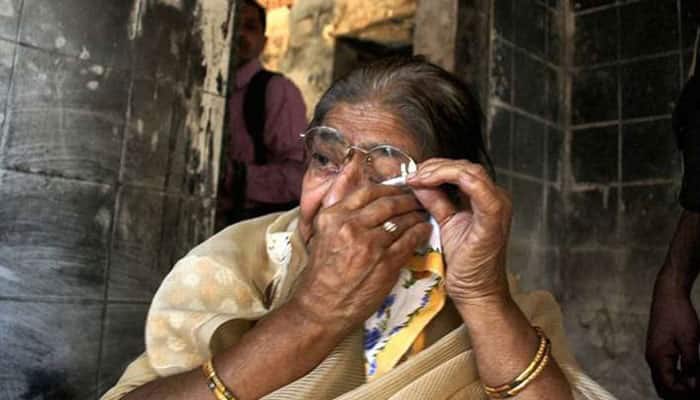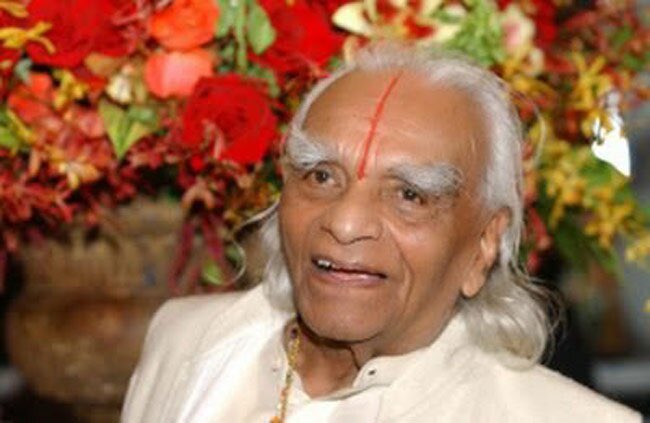
“When nation is being divided, between Hindus and Muslims by forces of political opportunism, and our unity is being destroyed, a powerful voice is needed”
‘Anandabazar Patrika’ marks its 100th anniversary with a reality check from a real icon, Prof Amartya Sen. @MyAnandaBazar
‘Anandabazar Patrika’ marks its 100th anniversary with a reality check from a real icon, Prof Amartya Sen. @MyAnandaBazar

2️⃣ Either because ABP did not want to, or because @PMOIndia did not bite, there is no @narendramodi at the centenary fete to bloviate on the role of free media in a democracy.
In craven media houses, Modi is default option despite his advertised contempt for it. @MyAnandaBazar

In craven media houses, Modi is default option despite his advertised contempt for it. @MyAnandaBazar


3️⃣ ABP, as ‘Anandabazar Patrika’ is known, was first published as a 4-page eveninger on 12 March 1912 (cover price 2 paise).
It was named after Anandamoyee, the sister of Amritamoyee whose name adorned ‘Amrita Bazar Patrika’.
As it was Holi, the first issue of ABP had red ink.
It was named after Anandamoyee, the sister of Amritamoyee whose name adorned ‘Amrita Bazar Patrika’.
As it was Holi, the first issue of ABP had red ink.

4️⃣ Four generations of the Sarkar family have captained ‘Anandabazar Patrika’ since birth: Prafulla Sarkar, Asoke Sarkar, Aveek Sarkar, and Atideb Sarkar.
It was under the visionary Aveek Sarkar that #ABP broke out of its linguistic and geographical comfort zones. #AveekSarkar



It was under the visionary Aveek Sarkar that #ABP broke out of its linguistic and geographical comfort zones. #AveekSarkar




5️⃣ Under #AveekSarkar, ABP launched The Telegraph and Business Standard; Sunday and New Delhi; BusinessWorld and SportsWorld; Ravivar, Desh and Sananda; Penguin; @ABPNews—and the Sarkar Bengali font
#ABP spread its wings wider and better than any other Indian language group.
#ABP spread its wings wider and better than any other Indian language group.
https://twitter.com/churumuri/status/745828971758108674

6️⃣ As the bastion of the Bengali ‘bhadralok’, ABP has contributed at least 3 vice-chancellors, and one High Court chief justice.
‘The Telegraph’ coverage of the centenary features the felicitation of Bulu Banduri, the security guard who saved lives during a major fire.
‘The Telegraph’ coverage of the centenary features the felicitation of Bulu Banduri, the security guard who saved lives during a major fire.
https://twitter.com/churumuri/status/1469922588675624961

7️⃣ As the natural home of Bengali letters, ABP marked the death of Rabindranath Tagore and Satyajit Ray with stellar special issues without the clutter of advertisements.
For the 100th anniversary, it has brought out a book of 100 writers who made their name through its pages.

For the 100th anniversary, it has brought out a book of 100 writers who made their name through its pages.


8️⃣ “May your words be just to all, whether friend or foe. Raise high the throne that is the nation. But remember: truth is higher still. If you desire your Nation rise still higher, belittle not Humanity before Country”
—Rabindranath Tagore’s advice to ABP, in 1933. @SankarshanT
—Rabindranath Tagore’s advice to ABP, in 1933. @SankarshanT

• • •
Missing some Tweet in this thread? You can try to
force a refresh






















